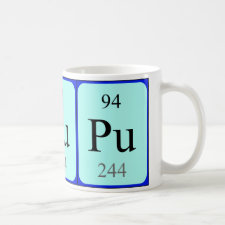
Authors: Yuan Y, Yang YJ, Faheem M, Zou XQ, Ma XJ, Wang ZY, Meng QH, Wang LL, Zhao S, Zhu GS
Article Title: Molecularly Imprinted Porous Aromatic Frameworks Serving as Porous Artificial Enzymes.
Publication date: 2018
Journal: Advanced Materials
Volume: 30
Issue: (27)
Page numbers: 1800069.
DOI: 10.1002/adma.201800069
Abstract: Artificially designed enzymes are in demand as ideal catalysts for industrial production but their dense structure conceals most of their functional fragments, thus detracting from performance. Here, molecularly imprinted porous aromatic frameworks (MIPAFs) which are exploited to incorporate full host-guest interactions of porous materials within the artificial enzymes are presented. By decorating a porous skeleton with molecularly imprinted complexes, it is demonstrated that MIPAFs are porous artificial enzymes possessing excellent kinetics for guest molecules. In addition, due to the abundance of accessible sites, MIPAFs can perform a wide range of sequential processes such as substrate hydrolysis and product transport. Through its two functional sites in tandem, the MIPAF subsequently manifests both hydrolysis and transport behaviors. Advantageously, the obtained catalytic rate is »58 times higher than that of all other conventional artificial enzymes and even surpasses by 14 times the rate for natural organophosphorus hydrolase (Flavobacterium sp. strain ATCC 27551)
Author keywords: artificial enzymes, catalysis, molecular imprinting technology, organophosphorus, porous aromatic frameworks



Join the Society for Molecular Imprinting

New items RSS feed
Sign-up for e-mail updates:
Choose between receiving an occasional newsletter or more frequent e-mail alerts.
Click here to go to the sign-up page.
Is your name elemental or peptidic? Enter your name and find out by clicking either of the buttons below!
Other products you may like:
 MIPdatabase
MIPdatabase









